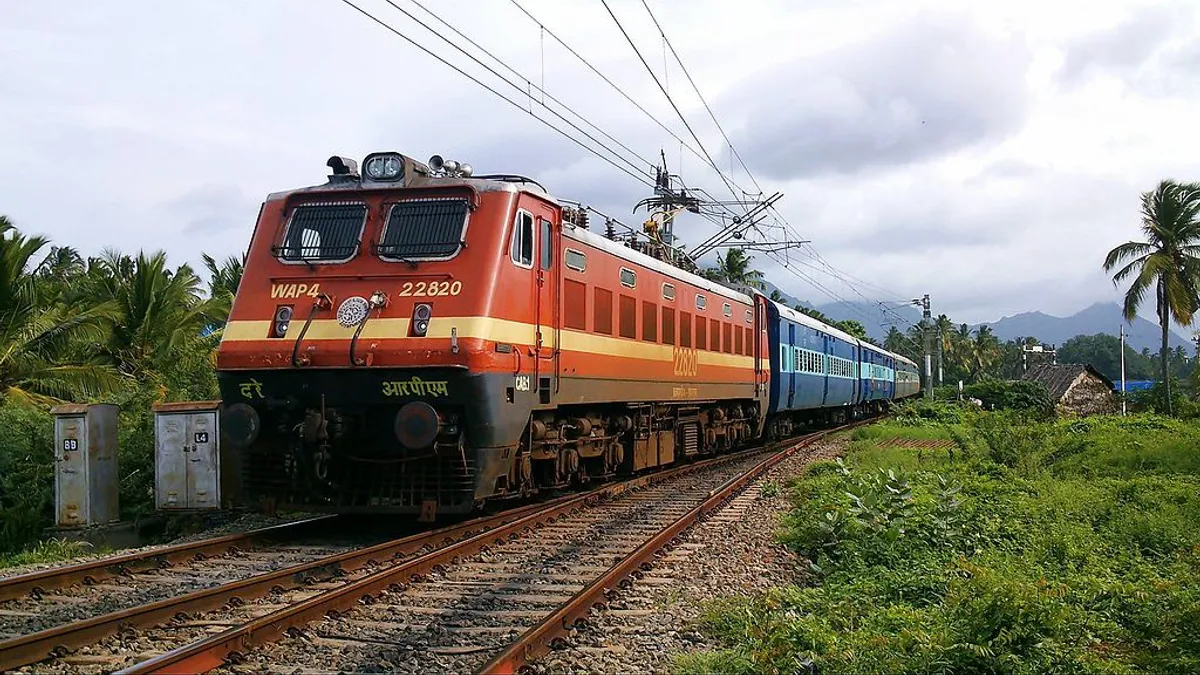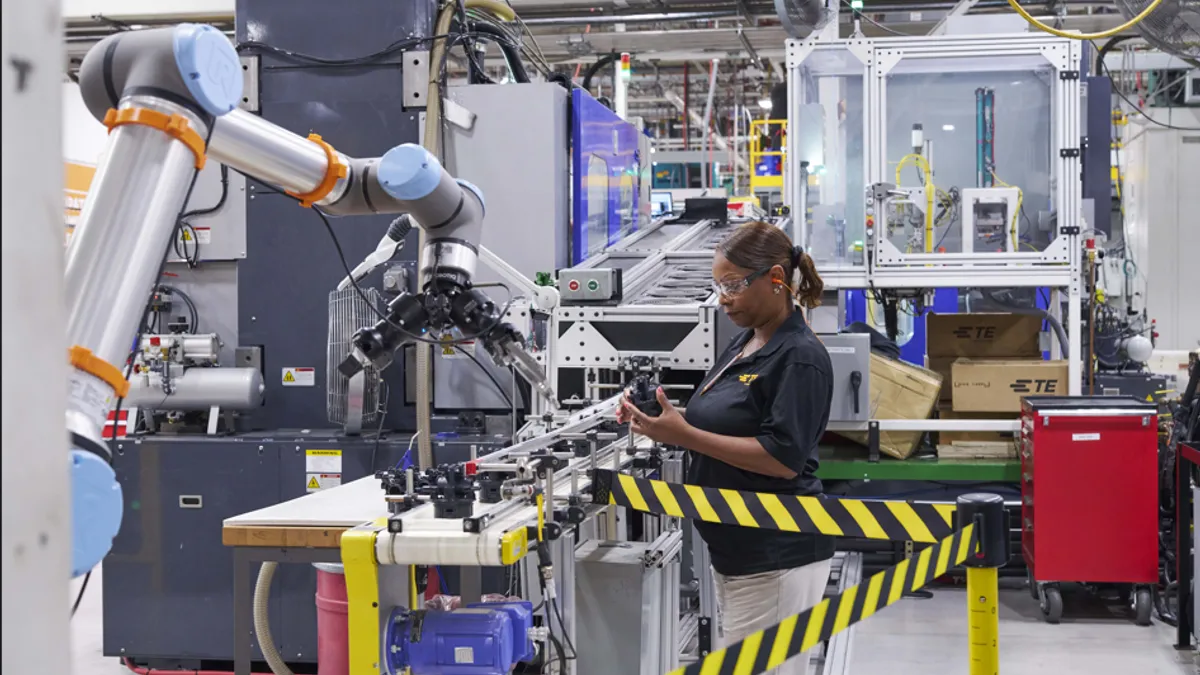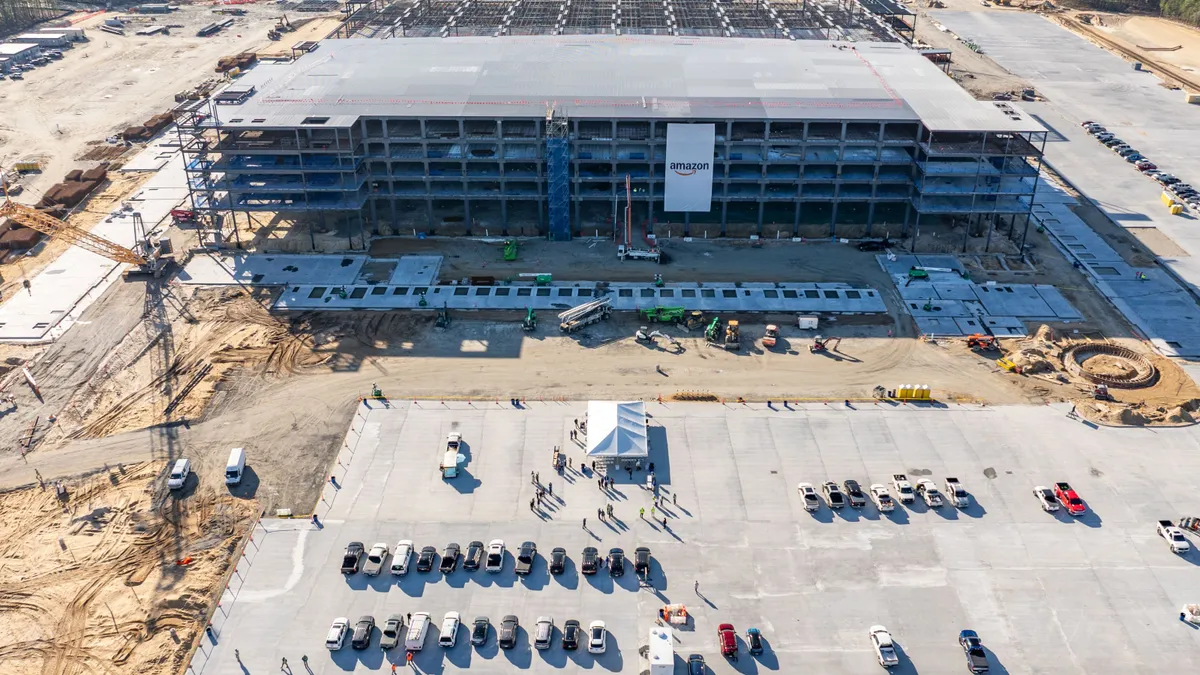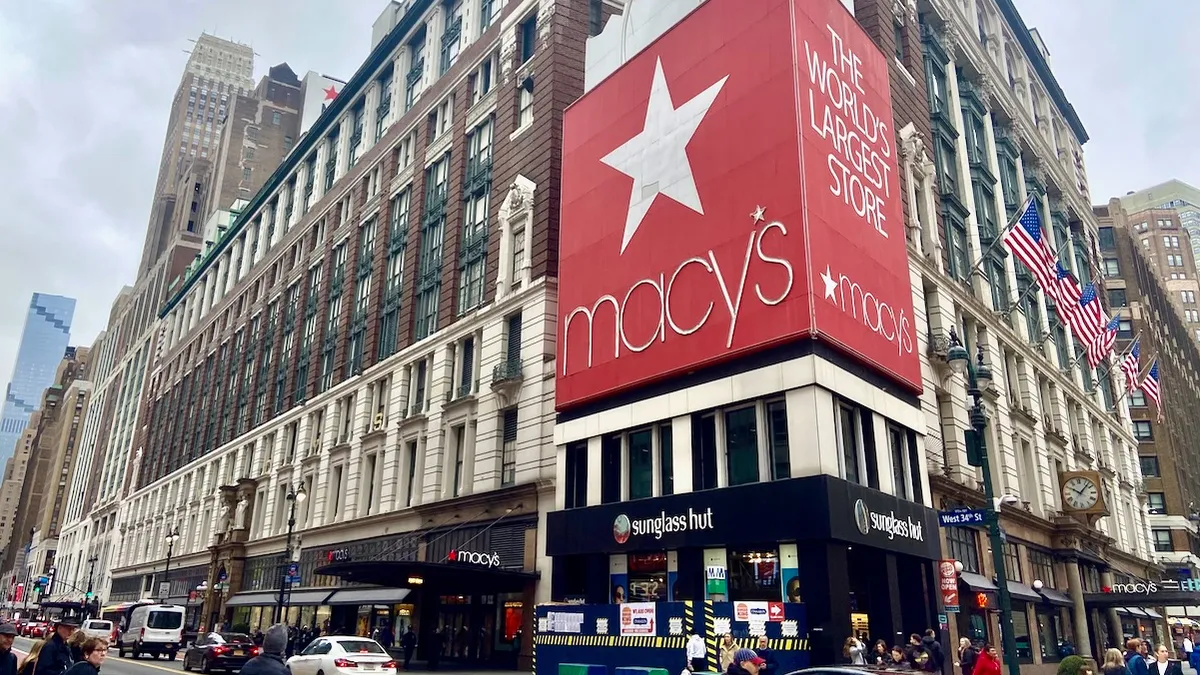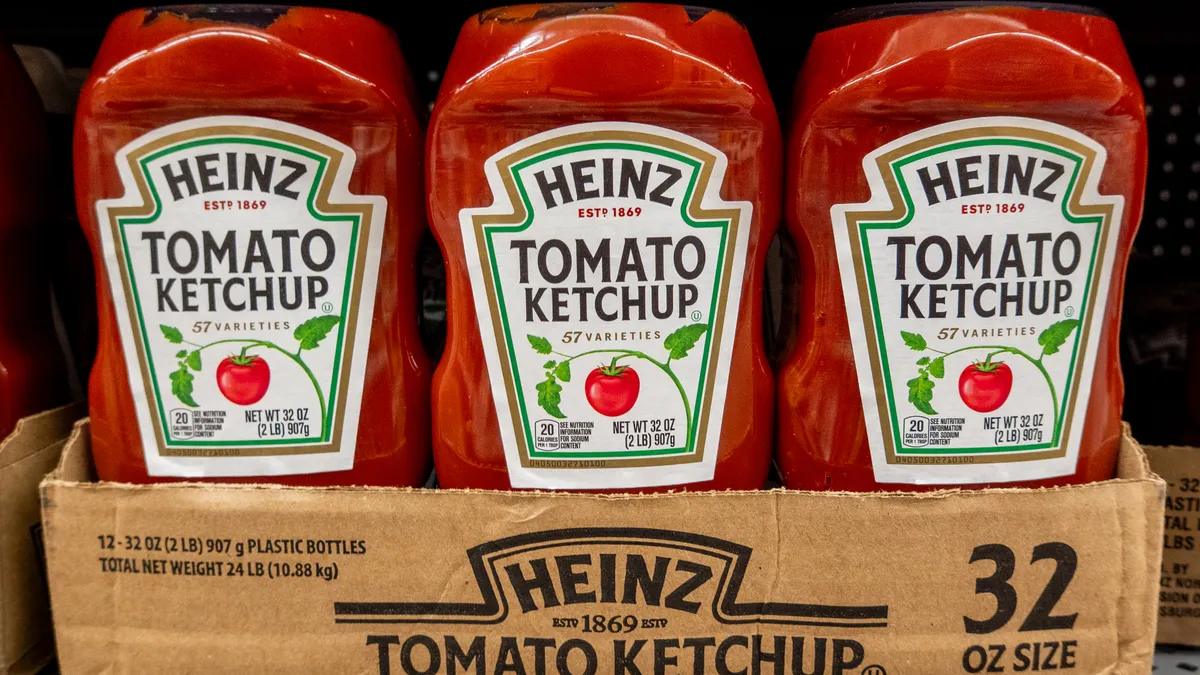Supply chains are constantly changing as new rules, technologies, resources and market trends transform operations. Here's a skim of the week's indexes, technology announcements, expansions and M&As from around the web.
In Case You Missed It:
- After various resignations, President Trump disbanded two CEO advisory councils.
- Next week's solar eclipse may trouble truckers, as traffic descends upon highways.
- Streamlining supply chain finance can help balance risk and opportunity. Just ask Nike.
Market Snapshot:
Freight industry growth may have slowed in the past few years, but in general, transportation services remain in high demand and at levels far above those recorded during the Great Recession, according to a recent Bureau of Transportation Statistics report.
All but one mode of transportation (rail carloads) grew by more than 20% since June 2009, at the end of the Great Recession. In that time, rail intermodal has grown the most, recording a 50.6% increase through December, 2016.
However, the growth rates are measured against a rather weak comparison, at the end of the recession's trough.
Air freight, for example, grew 21.7% since the recession but has failed to reach its pre-recession (2007) levels. The mode took the steepest hit during the economic trough, perhaps because it is also the most expensive mode of transportation. Similarly, while rail intermodal has shown rapid growth, its increase from pre-recession levels are more modest at roughly 23%.
Nonetheless, the data is a reminder of how far the freight industry —and the economy — has come since the Great Recession.
In fact, 2017 data suggests that generally, modes of transportation are again on an upswing, reversing the trend caused by a smaller recession last year. Various modes suffered in 2016, recording decreased revenues, but recent reports reveal freight transportation providers are more optimistic about this year's earnings.
Technically Speaking
Fiat Chrysler announced earlier this week it will join BMW, Intel, and software provider Mobileye to develop self-driving technology, the Wall Street Journal reported. The news comes on the heels of Chinese web services company Baidu’s announcement to create a self-driving car that will be a “companion” and recognize emotional cues. Tesla may have enjoyed the spotlight as the leader in electric car innovation for a while, but now the race is on to create autonomous vehicles — and trucks.
Speaking of self-driving cars, BHP Billiton revealed Wednesday it plans to build a factory for electric vehicle parts in Australia, the Asian Nikkei Review reported. Clearly the mining company thinks the electric cars business is picking up and is on the upward trend toward high profitability, despite auto manufacturers’ doubts.
In other news, Amazon will partner with Galvanize to teach small businesses how to use Alexa for business needs, according to PYMNTS.com, and IBM is teaching its supercomputer Watson to work with global supply chains, according to American Shipper. CB Insights also reported that Amazon now has patents for a beehive-shaped warehouse, a flying drone warehouse, and an underwater warehouse.
Breaking Ground
The Port of Los Angeles may soon acquire an 80 square foot staging facility, American Shipper reported. Despite numerous strikes and worker unrest over the past year or so, the Port of LA seems to be growing and ready to welcome more ships. This particular facility could hold up to 3,500 truckloads.
President Donald Trump said Foxconn is planning to spend $10 billion on a new 20 million square foot location in Wisconsin that would employ 1,300 over the next six years, according to the Wall Street Journal. What’s interesting is this would be the first U.S.-based facility to focus on building liquid crystal display technology for iPhones.
The Wisconsin state legislature just passed the $3 billion tax incentive intended to coach Foxconn to start building the facility Thursday.
Mergers & Analysis
Birchbox may soon be acquired by Walmart or another retailer, Recode reported last week. According to Recode’s sources, the beauty subscription startup may be seeking restructuring under a bigger company. While the details of a Birchbox deal are unknown, the delivery service echoes of Blue Apron’s struggles, suggesting that these kinds of startups may all be struggling with similar supply chain and procurement problems.
But Birchbox isn’t the only subscription-based delivery service in the M&A market: in light of GrubHub recent acquisition of Eat24, and CB Insights revealed that M&A activity between food delivery services has skyrocketed in the past couple years, again suggesting an underlying supply chain problem amongst these kinds of delivery services.
In other news, TPG Capital will acquire transport management firm Transplace for $1 billion, according to the Wall Street Journal. Transplace has acquired seven other companies in the last seven years, making it a highly lucrative buy for TPG.


